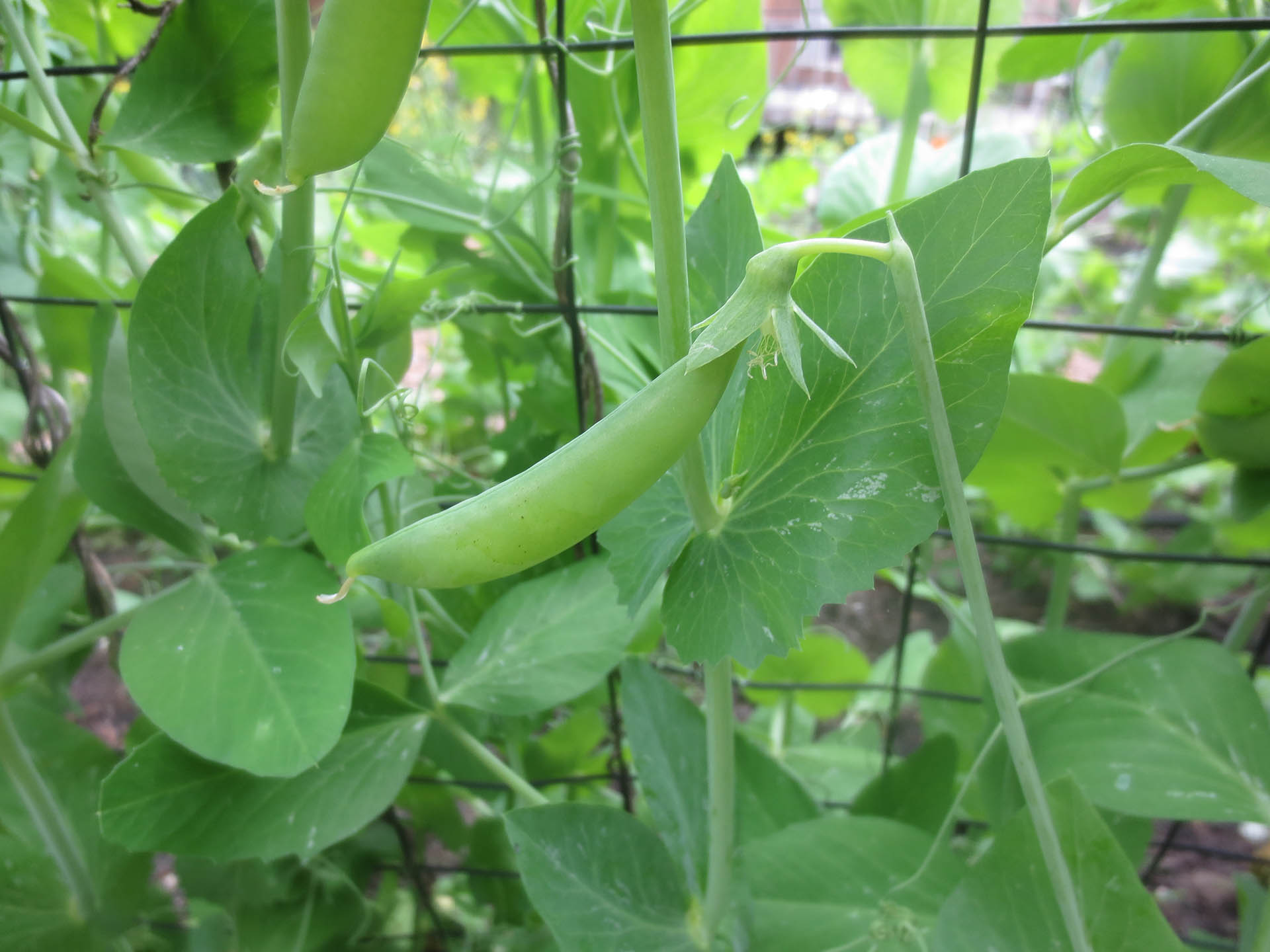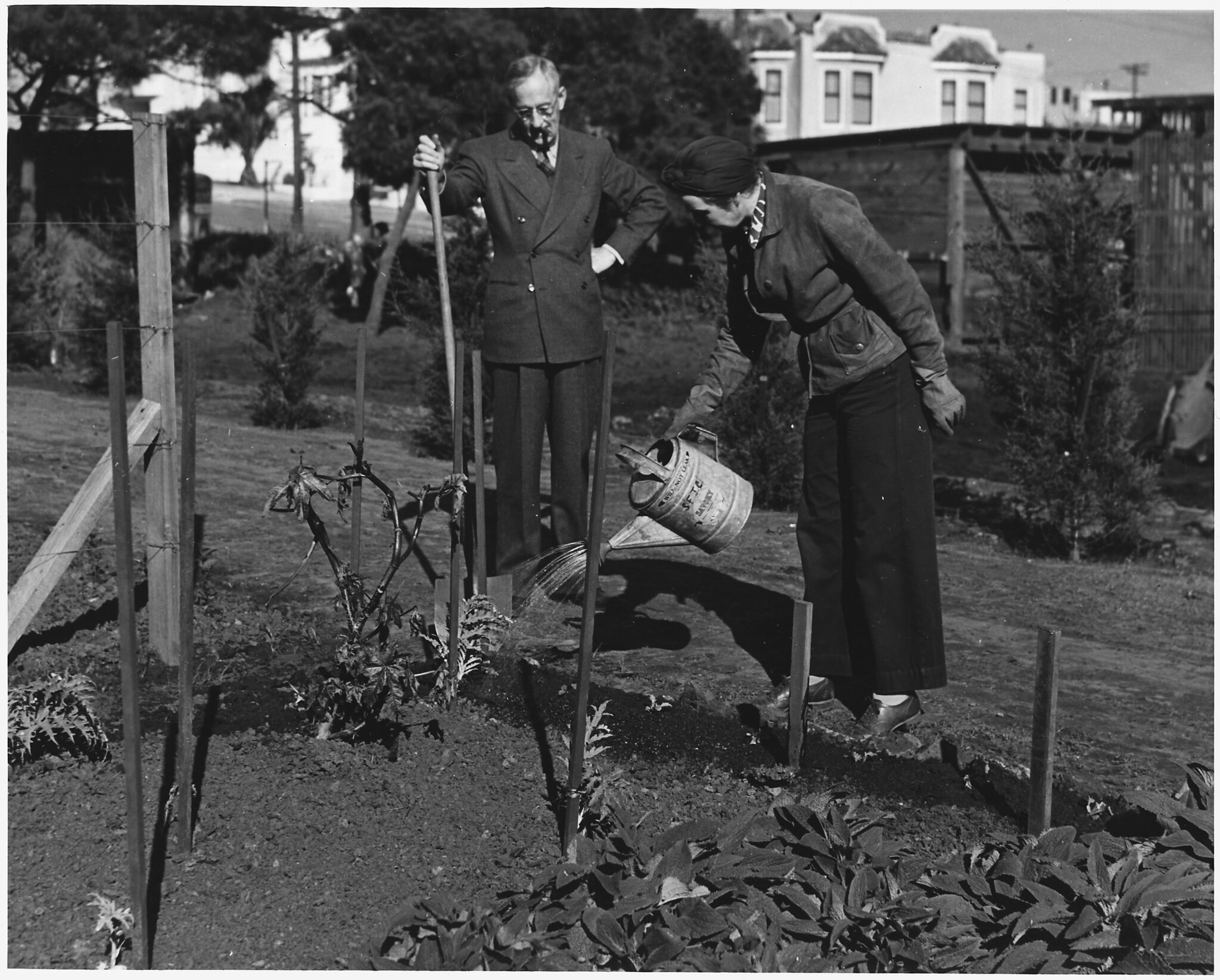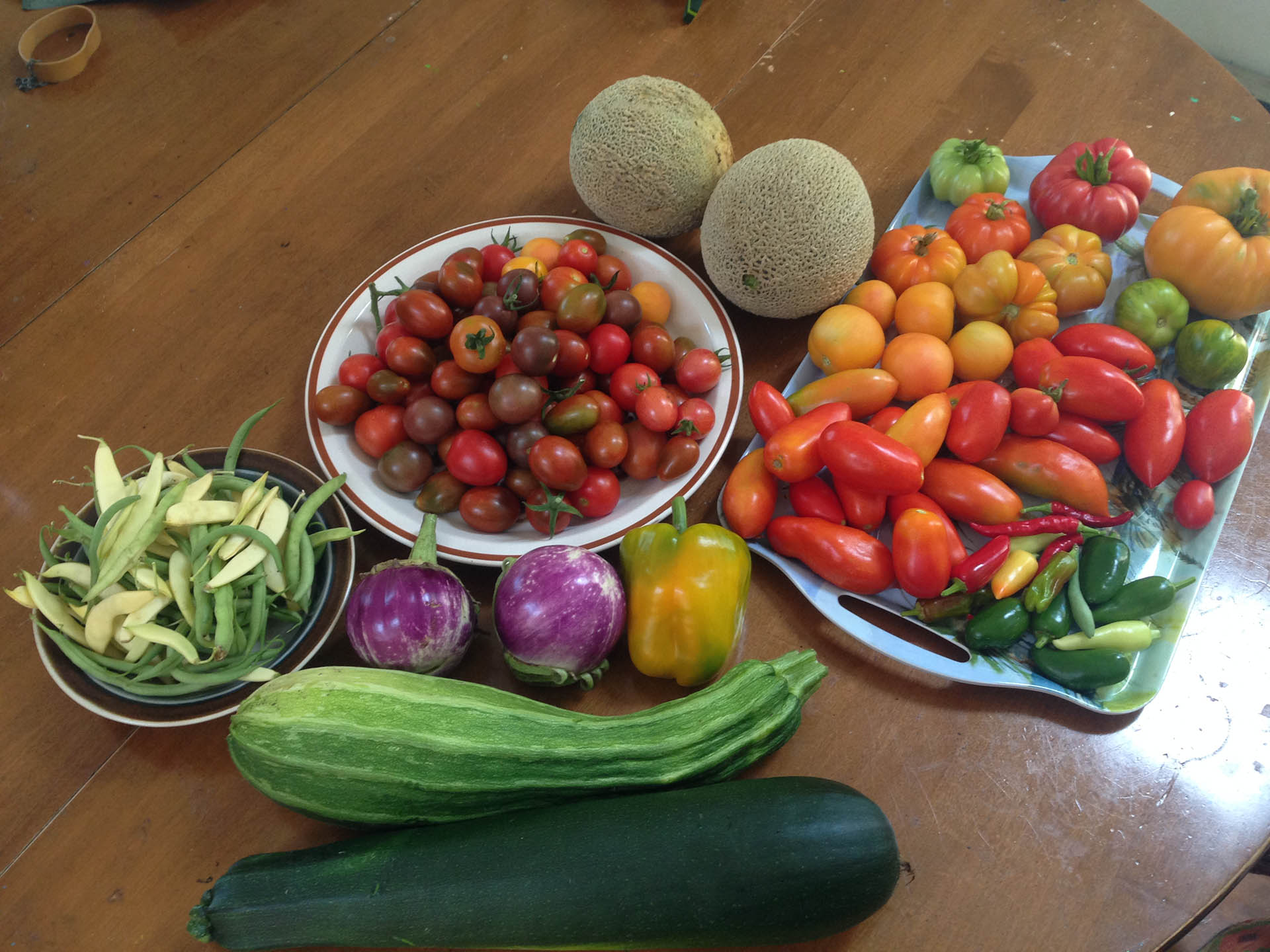Feeding Ourselves: Victory Gardens Return


This is the first in an ongoing series on gardening, raising chickens, canning and preserving, pollinating, composting, and more.
Whether biblical or biological, life begins in a garden. It starts with a seed.
An increasing number of folks on the East End these days are realizing that the local farmer is a superhero without the cape. People are starting to look at their own properties — whether they have a sunlit square of green or an acre or more — and thinking about how it might be prudent to start or expand an edible garden.
It’s reminiscent of the victory gardens of the two World Wars, when families were encouraged, in the name of patriotism and self-sufficiency, to grow their own food to supplement the war rations and help their neighbors. Even the Roosevelts, Franklin and Eleanor, planted on the White House lawn.
“I remember victory gardens, because my parents told me about them,” Assemblyman Fred Thiele said. Bringing them back is “a great idea on so many different levels. First, we are all concerned about the increase in food insecurity, which will sweep across the country in the coming months. Any source of food is welcome. Second, a community effort to do this will bring a unity that we can all benefit from. We are all in this together, and need to resist the more divisive elements that are out there. Finally, there is no better mental health exercise than toiling in a garden.”
Thiele and his wife, NancyLynn, residents of Sag Harbor, have a small vegetable and herb garden the assemblyman said they’ve already talked about expanding this summer. Obviously, the biggest challenge is keeping the deer away.

Germinating Ideas
Ideas, like seeds, take root and germinate.
Sometimes, the two intermingle. Just ask Rachel Bristel Stephens of Hampton Bays about the Ecological Culture Initiative’s Good Ground Heritage Garden and seed library.
Stephens is the agro-ecology director of the initiative. The seed library is usually monitored, but right now, is being run on the honor system. There are non-GMO, organically-raised, and sometimes heirloom varieties available to the public on the grounds of St. Joseph Villa on Lynn Avenue in Hampton Bays. There is also a seed sowing chart on the premises to help people know when they can plant the seeds inside for optimal transplanting outside.
When asked about the hoarding mentality that’s been rampant since the start of the novel coronavirus pandemic, she said simply, “Don’t be a jerk. Take a few seeds, leave enough for others.”
For the newbies, according to Stephens, “There’s never been a better time to start a garden.”
Stephens was raised in Springs, and after reading Barbara Kingsolver’s best-selling back-to-basics true tale “Animal, Vegetable, Miracle,” she opened Sweet Woodland Farm in Hampton Bays, where she grows vegetables and medicinal herbs, and raises chickens, ducks, and sheep — for the eggs and wool, not for slaughter — and more, along with homeschooling her teenagers, Ben and Rayna, while her husband, Mike, a woodworker, is employed outside of the home.
“Families are home together because the schools are closed,” Stephens said. “It’s springtime. Even if you don’t know what you’re doing, what a good time to get outside with your kids and get your hands in the soil.”
Stephens suggests paste tomatoes, like Roma, as the easiest and most abundant to grow, although cherry tomatoes are also easy and can be grown in pots if there is no green space. They also come in a variety of colors — yellow, red, orange, even green. Squash, including zucchini, peppers, greens like lettuce and spinach, and some herbs like basil, dill — a butterfly attractor — oregano, and thyme can round out a simple garden.
The fastest-growing early spring seeds are radishes and peas, which can go directly in the ground once the danger of frost is past, usually by Mother’s Day, although some chance it by mid-April.
“Don’t plant anything you won’t eat,” Stephens said. “I mean, if you don’t like rutabagas, don’t plant rutabagas.”
It Starts With Soil
For the newbies, seeds can be started in a warm, sunny spot in the house, in dissolvable peat pots — organic is best, of course — with organic potting soil. Stephens herself makes newspaper pots. There are tutorials on YouTube.
Soil quality is important. Once again, organic is best, she said. One of the easiest ways to rid the soil of weeds and ready it for planting is to pick up several copies of your local newspapers and spread them thickly over your planned garden spot. Weigh them down with rocks or bricks. By the time Mother’s Day rolls around, the soil should be in much better shape.
“I hate it when people call it ‘dirt,’” Stephens. said “Dirt is what is on the bottom of your shoes when you come indoors. Soil is the essence of life.”
There’s peat moss, potting mix, worm castings, and Stephens’s favorite: coconut coir.
“Composting and worm farming are a fun spring project,” Stephens said. “And compost is like gold for plants.”
Even if you do everything right, “you have to expect mistakes,” Stephens said. “Some of the seeds might not germinate, or some people overdo it — they plant 100 tomato seeds, and end up with 100 tomato plants, which is way too much. But if that happens, give them to a friend. Give them to a neighbor.”
She added sometimes there are infestations, or some plants may not make it.
“There are good years and not-so-good years,” she said, but the rewards of a vegetable garden are full of promise and hope for the future.

Some Resources
To get questions answered by locals, there’s the Facebook group “Long Island Homesteading Forum,” which, in the past six weeks, has seen a tremendous uptick. The forum is populated with everyone from off-the-grid survivalists to master gardeners willing to give advice to the newcomers.
For seeds, checking out any local hardware or gardening shops is the best way to start, if possible, to support local business. Try for organic, and definitely non-GMO. There are also seed catalogs — two recommended by Stephens are High Mowing and the Baker Creek catalog.
Some easy Kindle readings include Kingsolver’s book “Animal, Vegetable, Miracle” and Spring Warren’s “The Quarter-Acre Farm: How I Kept the Patio, Lost the Lawn, and Fed My Family for a Year.”
Locally, check out the Ecological Culture Initiative’s website at www.eciny.org. Stephens’s site is www.sweetwoodlandfarm.com.
bridget@indyeastend.com



